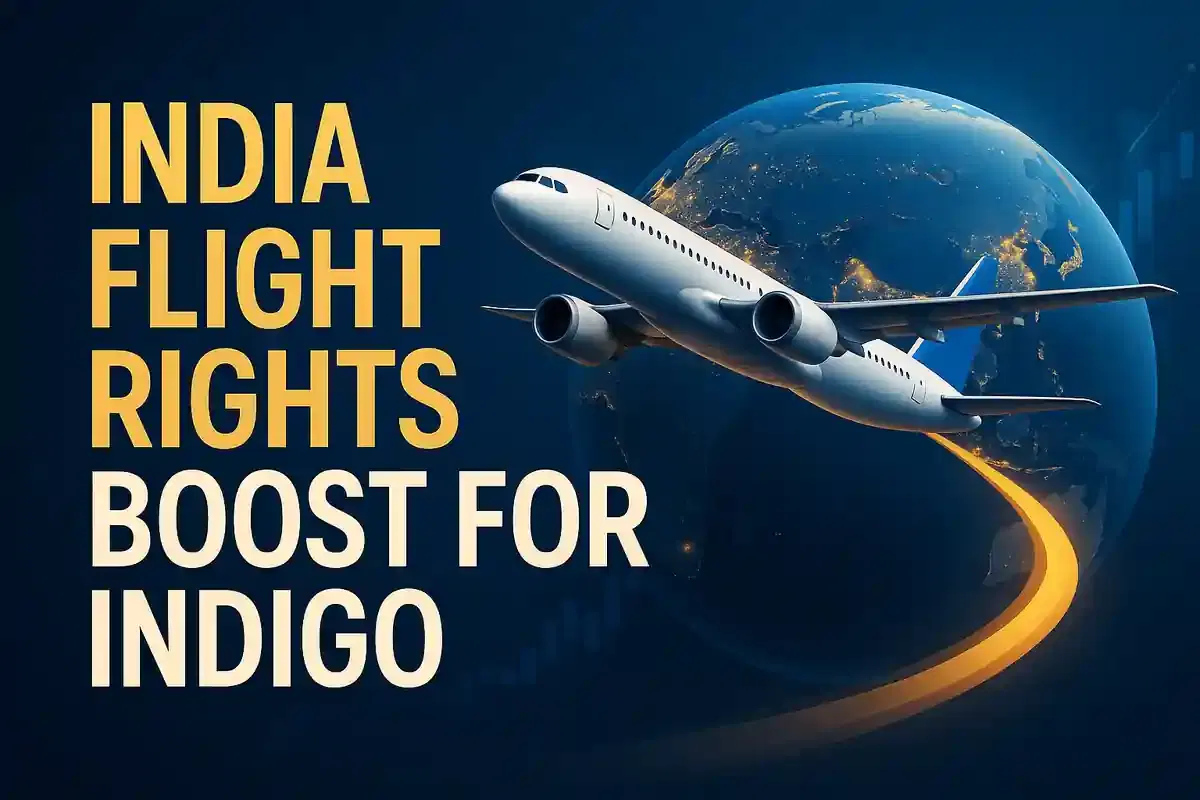IndiGo CEO Counters Negative Image on India's Bilateral Flying Rights
Transportation
|
29th October 2025, 6:30 AM

▶
Stocks Mentioned :
Short Description :
Detailed Coverage :
IndiGo Chief Executive Officer Pieter Elbers has addressed concerns regarding India's approach to bilateral flying rights, stating that the notion India is not granting these rights to foreign airlines is 'wrong'. Speaking on Wednesday, Elbers clarified that the Indian government employs a 'balanced approach' and selectively grants traffic rights when it makes sense. This assertion comes at a time when India's civil aviation market is experiencing rapid growth, and certain international carriers, particularly from the Gulf region, have expressed worries about the lack of increased bilateral rights. IndiGo, with its extensive fleet, is actively expanding its international routes, having recently added destinations like London, Copenhagen, Amsterdam, and Manchester. Elbers highlighted the immense potential for direct international flights from India, describing IndiGo's international presence as a 'new kid on the block' that is striving to become a global airline.
Impact This news can significantly impact investor sentiment towards the aviation sector in India, especially for airlines like IndiGo that are focused on international expansion. Clearer insights into bilateral rights can pave the way for more route approvals, potentially boosting revenue and profitability. A rating of 7 out of 10 for its impact on the Indian stock market.
Heading: Explanation of Difficult Terms Bilateral Flying Rights: These are agreements between two countries that permit airlines from each nation to offer flights to, from, and within the other country. These agreements specify the number of flights, types of aircraft, and routes that can be operated. Traffic Rights: Refers to the rights granted by one country to an airline of another country to carry passengers, cargo, or mail between the two countries or beyond. Civil Aviation Market: The sector of the economy related to the design, development, manufacturing, operation, and maintenance of aircraft for civil (non-military) purposes.